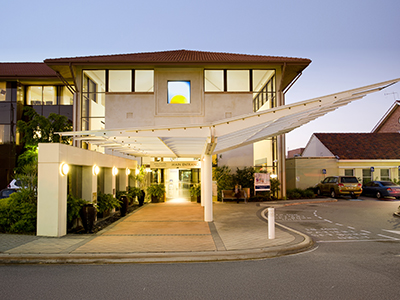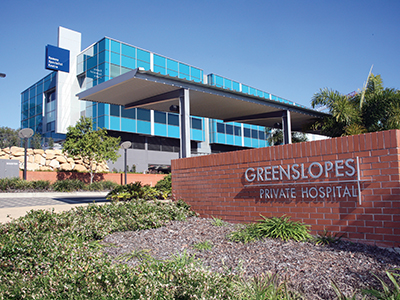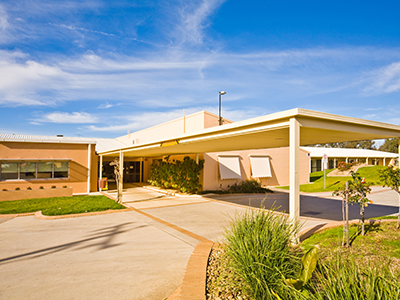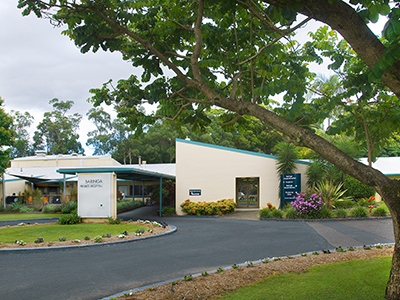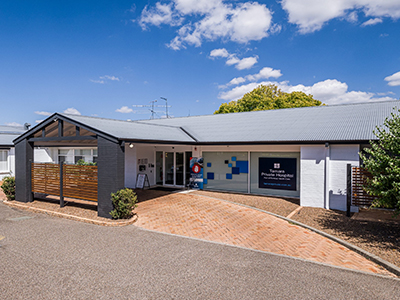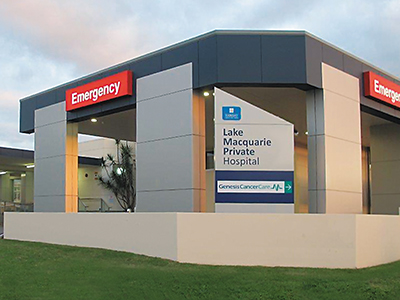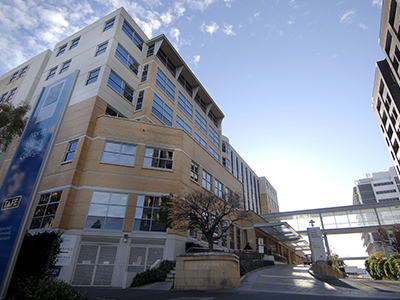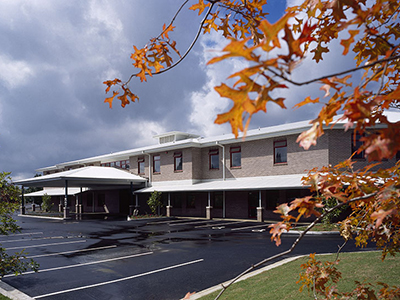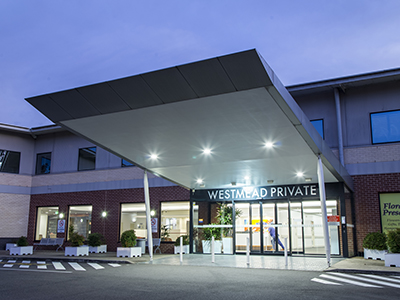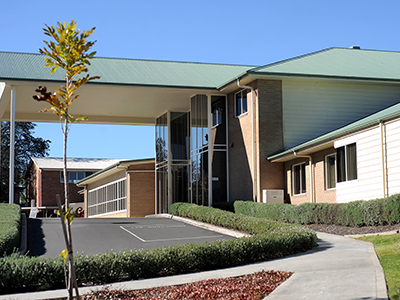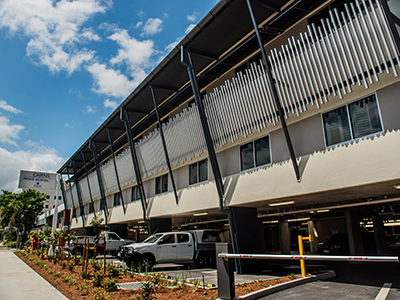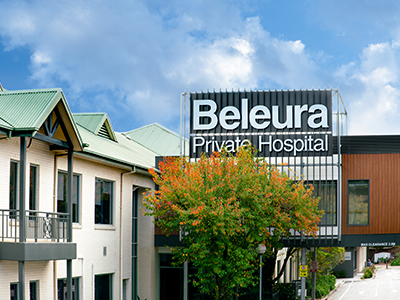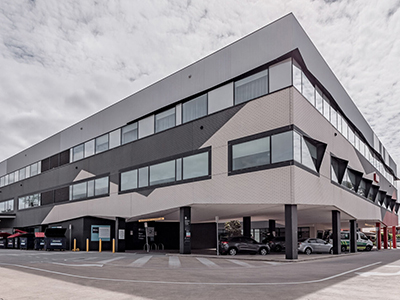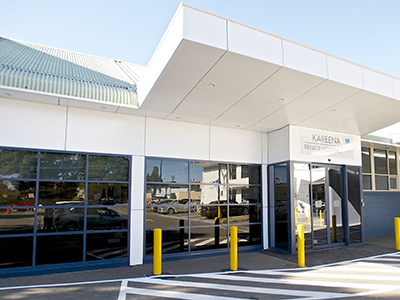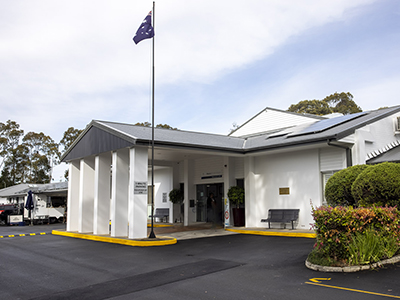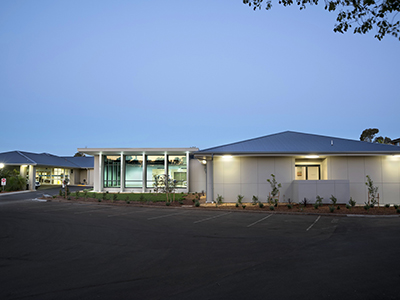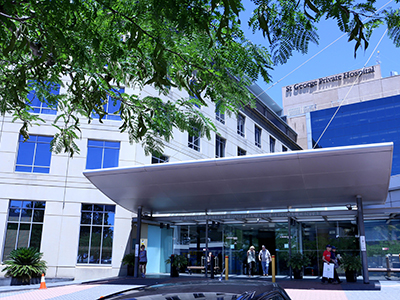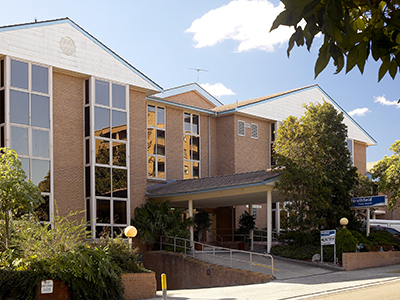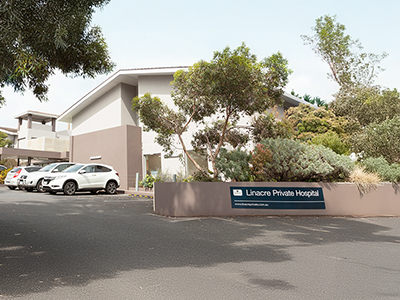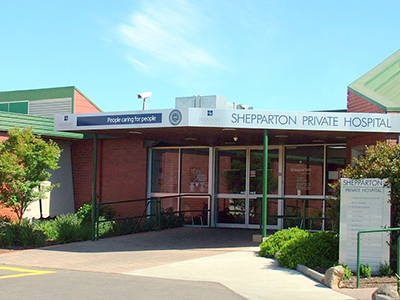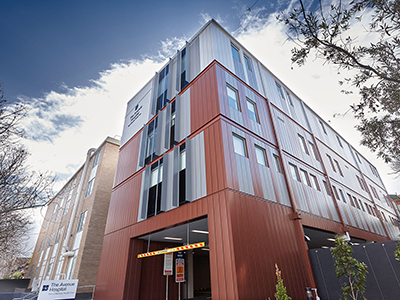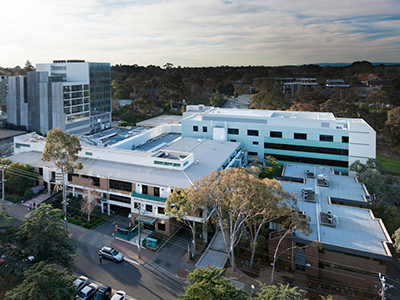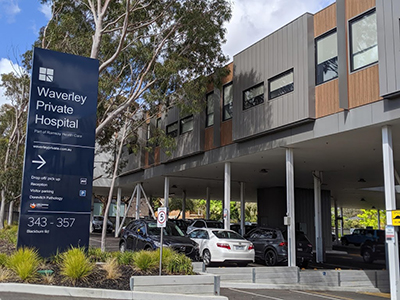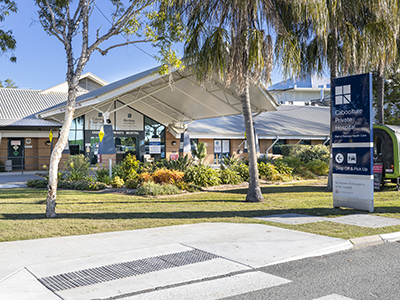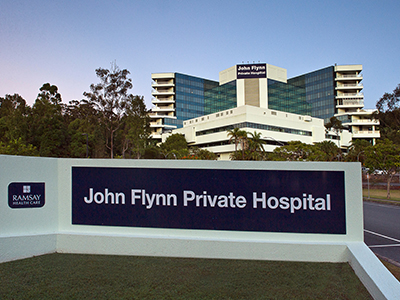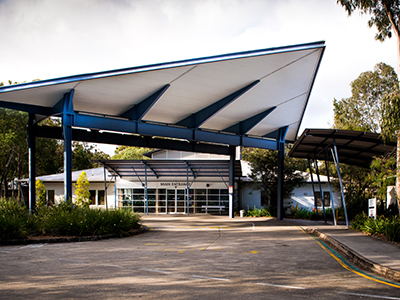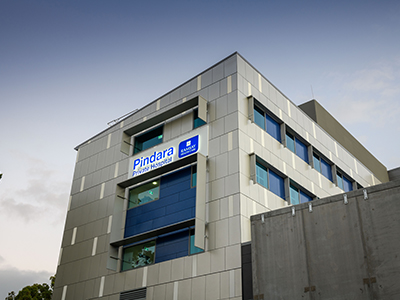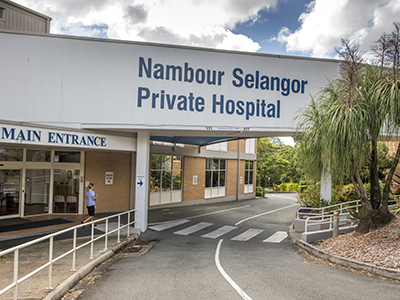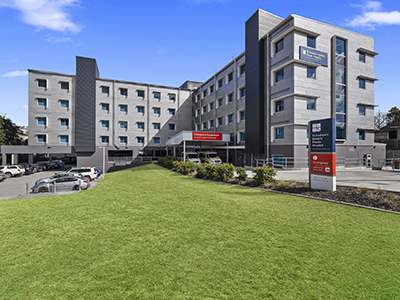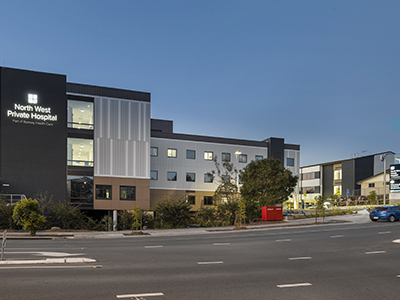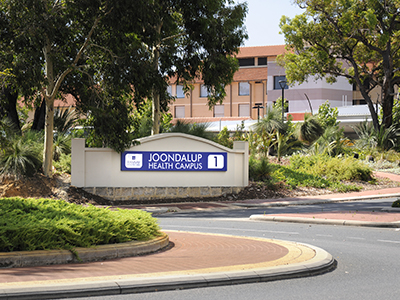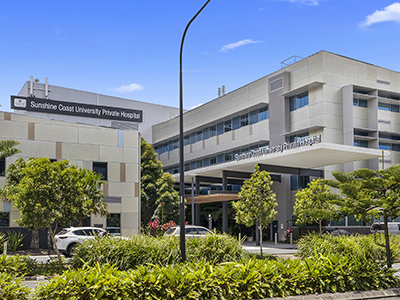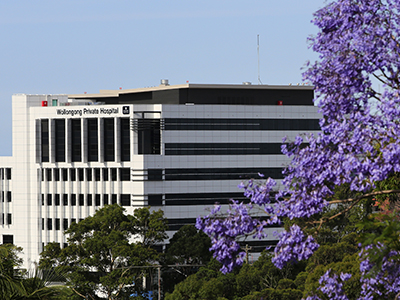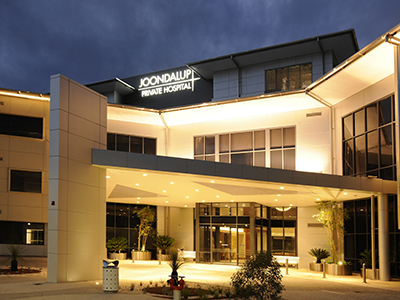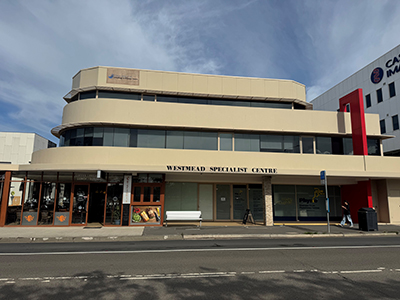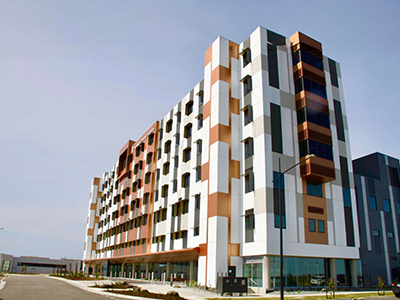Diagnosis and treatment options
Concerned about cancer symptoms?
If you’re concerned about a possible sign or symptom of cancer, it’s important to seek medical advice. Early assessment and diagnosis play a key role in improving treatment outcomes. A qualified health professional can help determine whether further tests or specialist care are needed.
Every cancer is as unique as the person facing it. That’s why we believe a personalised approach to cancer care is essential.
What happens next?
Based on your test results and type of cancer, you may be referred to a surgeon, an oncologist, or a haematologist. You usually will have a first consultation to cover the next steps in your treatment journey and, if necessary, your specialist will arrange additional tests for a clear diagnosis.
At Ramsay Health Care, you will be supported by a multidisciplinary team. Your specialists and any other health professionals involved in your cancer care will work together with you to create a treatment plan tailored to your needs, values and priorities.
Your wellbeing and safety are our top priorities. By clearly communicating your goals, we can stay focused on what's important to you.
Throughout your cancer treatment, various diagnostic tests and scans are used to monitor progress and check for recurrence. Click the plus sign (+) on the right side of the heading below to expand and view more information.
Common tests and scans
- Biopsy to analyse tissue samples and confirm a diagnosis.
- Blood tests to monitor cancer markers and detect infections.
- CT scan to capture detailed images of the body using x-rays.
- Endoscopy/colonoscopy to examine the digestive tract for changes using a small camera.
- MRI scans to capture detailed images using magnetic and radio waves.
- PET scans to show how cells are functioning by highlighting more active areas, like cancer cells.
- Ultrasound to create images using soundwaves, helping detect tumours or changes in organs.
Cancer treatments
Understanding your cancer treatment can help you feel more confident and informed. That is why we have created this general guide to some of the most common procedures. Just remember that every person’s case is unique and your medical team could tailor their approach based on your individual circumstances. Click the plus sign (+) on the right side of any heading to expand and view more information.
Bone marrow transplant
A bone marrow transplant (BMT) is a procedure used to treat cancers affecting blood cells, such as leukaemia, lymphoma, and myeloma. The treatment involves replacing damaged or destroyed bone marrow with healthy stem cells. This advanced procedure is designed to help your body restore its ability to produce blood cells.
By encouraging the production of healthy blood cells, it can offer a vital boost to the immune system.
Patients undergoing a bone marrow transplant typically go through several steps:
- Initial testing: A series of diagnostic tests to determine the best approach for the transplant.
- Preparation: Chemotherapy or radiation to prepare the body for the transplant.
- Transplant: Healthy stem cells replace the damaged bone marrow.
- Recovery and monitoring: To track recovery and immune system regeneration.
Bone marrow transplants are highly specialised procedures, typically offered at select hospitals. At Ramsay Health Care, we provide this advanced treatment at our larger facilities.
Chemotherapy
Chemotherapy uses medicine to target and destroy fast-growing cells like cancer cells. It may also affect other healthy, fast-growing cells, such as those in the blood, skin, hair, mouth, and gut.
Healthy cells typically recover over time, while cancer cells are less likely to return. Chemotherapy may be:
- taken as a tablet
- given by injection
- administered via intravenous (IV) infusion
It is usually delivered in cycles to allow the body time to recover and to minimise side effects.
Clinical trials
Clinical trials are essential in advancing cancer treatment and offering new hope to patients. Through clinical trials, researchers can examine the effectiveness and safety of innovative treatments, medications, and therapies for several types of cancer.
By joining a clinical trial, you may gain access to emerging treatments not yet available in standard care.
Participation involves:
- screening to confirm eligibility
- monitoring of your response and any side effects
- support from a dedicated health care team throughout
Clinical trials provide an opportunity to explore advanced treatment options and contribute to the future of cancer care.
Immunotherapy and targeted therapy
Immunotherapy and targeted therapy use drugs to fight cancer in specific ways:
- Immunotherapy helps your immune system recognise and attack cancer cells.
- Targeted therapy blocks genetic changes that allow cancer cells to grow.
Both therapies are usually delivered via the bloodstream, but may also be taken orally or by injection.
Radiotherapy
Radiotherapy uses controlled radiation doses to kill or shrink cancer cells. Over time, the cancer cells begin to die and continue to do so for weeks or months after treatment.
Radiotherapy may be used to:
- destroy tumours
- support other treatments like surgery
- relieve symptoms and manage pain
Surgery
Cancer surgery aims to remove tumours or repair parts of the body affected by cancer. If detected early, surgery may be the only treatment required. However, not all cancers can be treated with surgery alone.
It is often combined with other treatments such as:
- chemotherapy
- immunotherapy
- radiotherapy
This combined approach can help improve treatment outcomes.
Theranostics
Theranostics is an advanced cancer treatment that combines diagnosis and therapy. Using imaging technology, theranostics identifies specific features of your cancer cells. This information is used to design tailored treatments, delivered directly to the cancer site through nanotechnology.
Ramsay Newsroom
Stay up-to-date with hospital news, developments, research highlights and innovation.
